
Census data, supporting tools to promote good governance, measure SDGs: PM Prachanda
Prime Minister Pushpa Kamal Dahal ‘Prachanda’ has said the 2078 BS National Census data are assisting tools to promote good governance and measure the progress towards the achievement of sustainable development goals (SDGs).
Unveiling the National Report of the National Census 2078 BS amidst a programme here today, he said the Census would provide a guideline to monitor and assess Nepal’s commitments on the international forum about demography and its development and the goals of national development and to analyse the existing indicators of development.
More, it is expected to provide a reliable ground for the federal, provincial and local governments to decide concretely while preparing their policies, plans and programmes, according to the Prime Minister who finds the national census as a supporting tool to review the implementation of the 15th Periodic Plan and the formulate an approach paper for the consecutive periodic plan.
“In the context of Nepal, Census is a significant and comprehensive approach to reflect the nation’s socio-economic status and it presents segregated and multi-sectoral data including the data about demography, education, economy, human development and from other vivid sectors,” the Prime Minister said.
He added that with the availability of national census data, it would be easier to carve out a path towards socialism-oriented inclusive development and implement the fundamental rights of the citizen by assessing their status.
According to the head of the government, the national census report showed an imbalanced demographic pattern characterized by a less number of young people and an increasing number of the aged population.
Similarly, overall, the population growth rate is shrinking and it is more rapid in mountains and hills and among the rural population.
The Prime Minister said, “The number of people staying abroad and thereby considered absent during the census has increased in this census as compared to 2011. Among them, the proportion of women staying abroad has risen. I am confident that the data obtained from the current census would be helpful in launching special programmes on population management in accordance with the demographic changes evident in the census.”
Stating that stark differences were seen between urban and rural areas in most of the indices of the consensus, Dahal called for addressing this issue and underscored the need to streamline current imbalanced migration in the country.
Indicating that population statistics were an integral part of Nepal’s statistical system, the PM spoke of the need to upscale the statistics to be obtained from the federal, provincial and local levels. He also viewed that it was necessary to ensure regular updates of statics coming from all governments.
He asserted that the incumbent government had accorded the highest priority to the implementation of the Statistic Act-2079 BS issued this year with the objective to strengthen the statistical system and build an integrated statistical system.
According to him, the consensus in 2021 was halted due to the risk of COVID-19 and carried out five months late than the estimated deadline. He acknowledged that it was a challenging task to conduct a census at a time when COVID-19 pandemic risks were looming large.
The head of the government also extended his thankfulness to the National Statistics Office’s officials for successfully conducting the National Census-2021.
The first census in Nepal was conducted in 1911. Conducted every 10 years, the 12th National Census in 2021 was conducted from November 11-25 in 2021 with the slogan- ‘My Census, My Participation: National Census-2021’.
Thirty-nine thousand enumerators and 8,000 supervisors were deployed for the census in 2021, it is said.
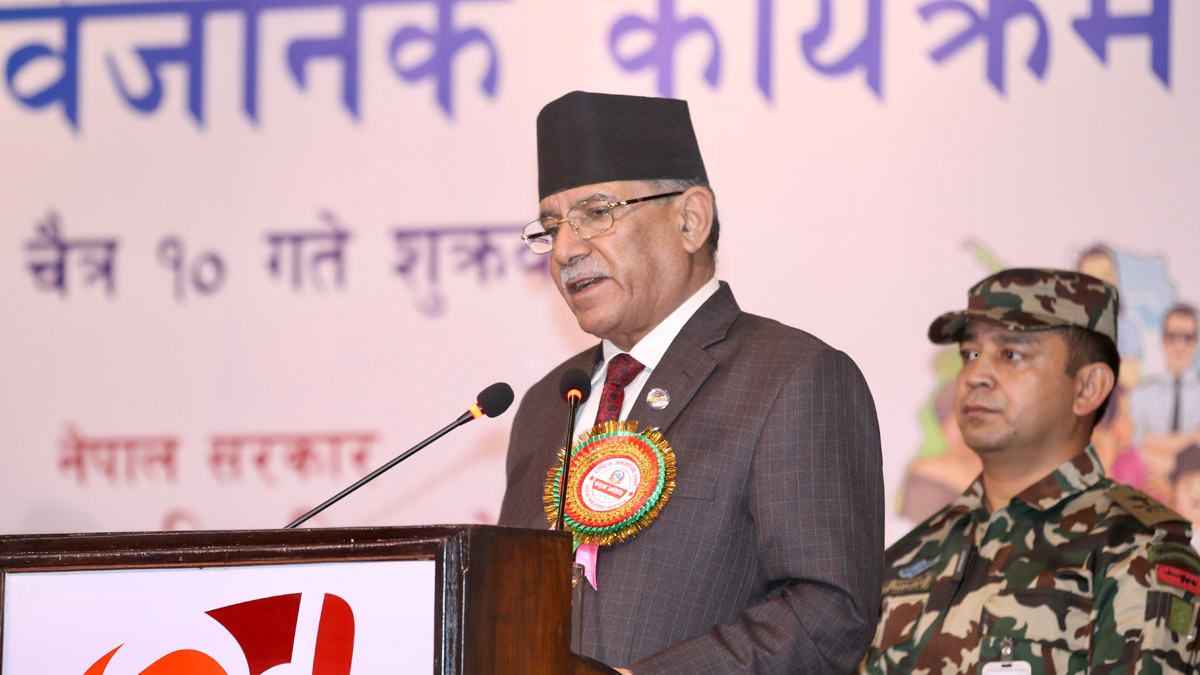


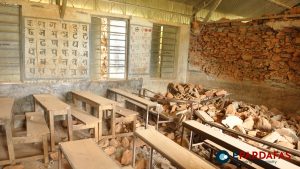
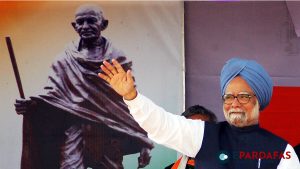
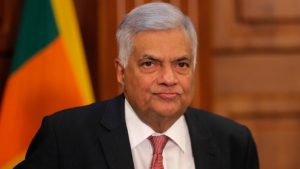

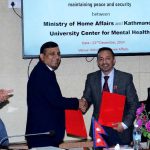





Comments